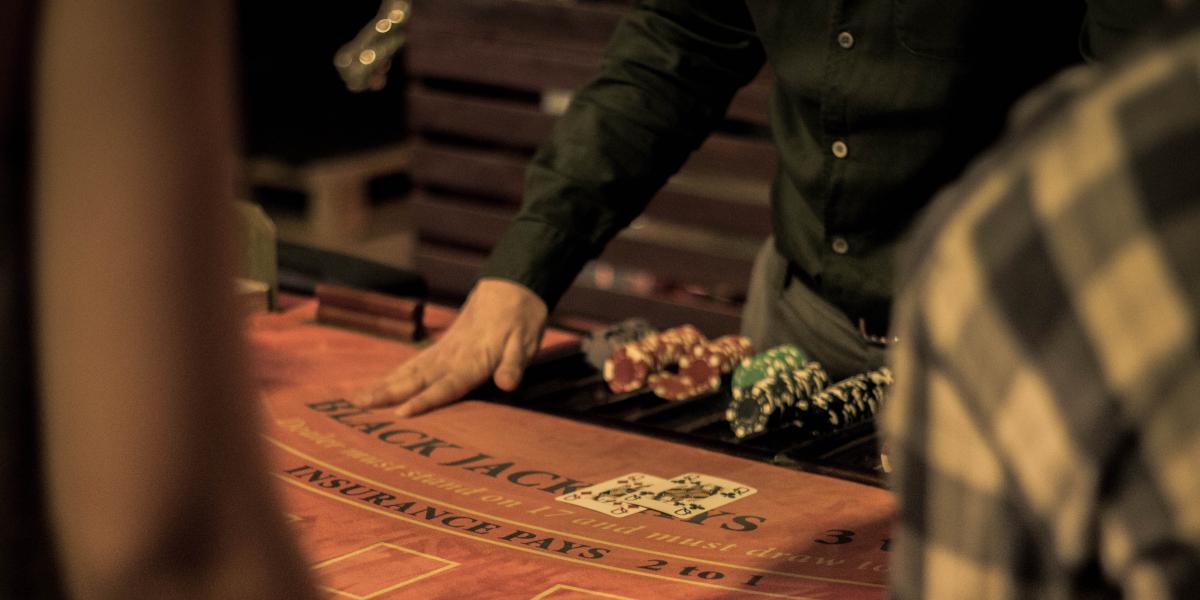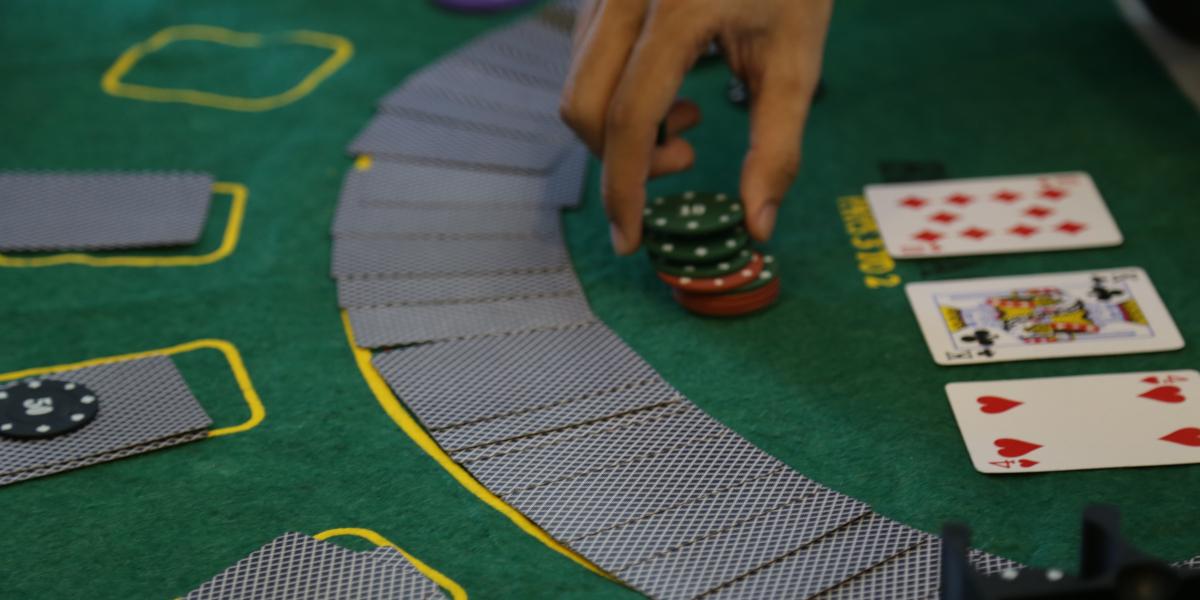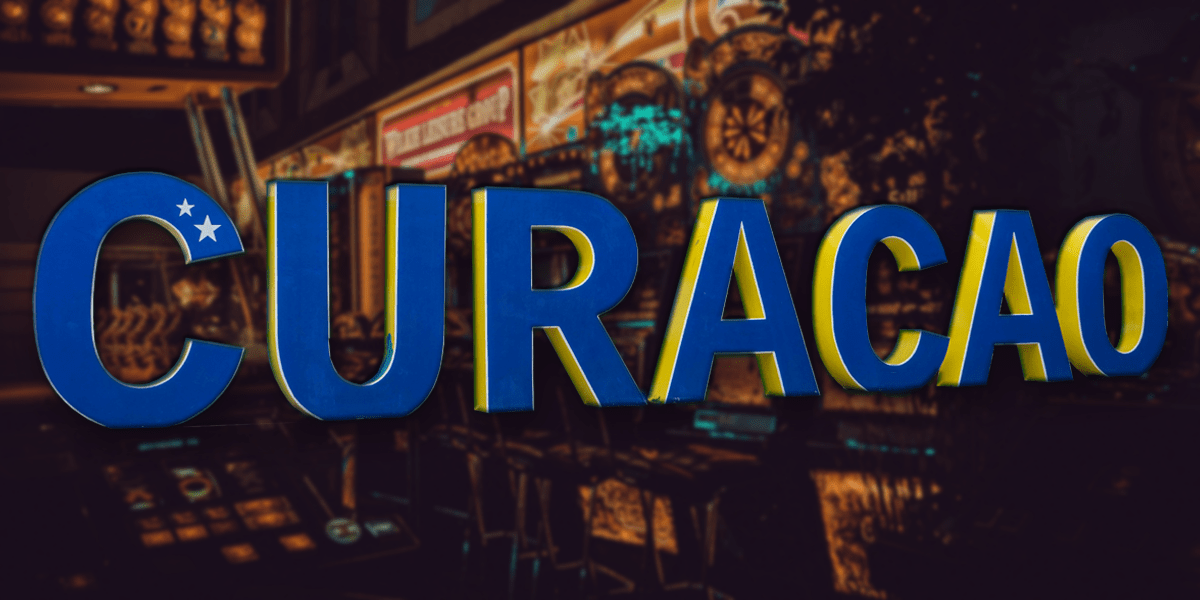As a politically stable nation, Curacao has been a preferred jurisdiction for regulating various sectors, including gambling, finance, and tourism, since 1996. Its accessibility, flexibility, and favorable conditions have attracted operators and players alike, establishing it as a prominent player in the online gambling industry. However, recent reforms implemented as of September 1 have brought significant changes to this renowned gambling zone. It’s important to understand the implications of these reforms, the reasons behind them, and whether they can be effectively navigated by industry stakeholders.
Gambling in Curacao: the Unchanging Face of Licensing
Curacao has long been recognized as a leading jurisdiction offering a diverse range of gambling licenses, catering to various sectors within the industry. These licenses encompass:
- Online casinos
- Sports betting
- Lotteries, and other gambling’s forms.
Until recently, Curacao’s flexible legislative framework and appealing conditions made it the preferred choice for entrepreneurs.
A Shift Towards Enhanced Regulations
In a move geared towards ensuring honest competition within the gambling industry, the authorities of Curacao implemented more stringent licensing regulations on September 1. Recognizing the need for comprehensive reforms, the Curacao Gambling Regulatory Authority has assumed responsibility for licensing both B2B- B2C-businesses. These changes are intended to address concerns about possible unfair practices.
The main strategic objective is anti-money laundering and transparency of responsible gambling. It’s intended to create a fair environment in which online casino operators and casino game providers can compete on an equal footing
With the introduction of the new LOK law, the authorities have organized a mechanism to increase transparency of the sources of funding coming into the country.
The Important Thing about LOK
On September 1, Curacao said goodbye to its former reputation as a gambling licensing center that lacked strict control and supervision. The former system of general and sublicenses has been replaced by a new system where permits are issued directly by the Curacao Gaming Authority. This change is aimed at increasing regulatory rigor and providing a more robust and responsible gambling licensing process.
- B2C — for operators
- B2B — for suppliers of games, platforms and payment systems

Stricter Laws Prioritize
Curacao’s new laws demonstrate a move away from leniency by placing significant emphasis on anti-money laundering, player protection and fraud prevention. A pivotal aspect of these regulations is the establishment of the Gambling Authority of Curacao, tasked with curtailing any illicit activities within one of Europe’s most permissive gambling jurisdictions.
- Prohibition of transferring or leasing licenses between companies
- Creation of a single autonomous body responsible for issuing licenses for B2C operators and B2B suppliers
- Full compliance of organizations with the high requirements approved by regulatory authorities.
Starting from September 1, the Gambling Control Board (GCB) initiated the direct issuance of licenses to gambling operators. As part of the transition process, all master licenses are eligible for renewal for a period of one year. Additionally, sub-licensees have a 90-day timeframe, commencing from the effective date of the new regulations, to either apply for a new license or withdraw from it.
Revamped System Addresses Control Concerns
A notable departure from the previous system in Curacao was the allowance of sublicenses, enabling third parties to operate under the authority of main license holders. Many of these entities offered White-Label services, providing a pre-built platform for other operators to customize and operate under the main license holder’s authority. While this facilitated a swift entry into the gambling market, it also created risks in terms of integrity and control.
Key innovations include:
- Increased Costs: The new license now entails an initial fee of EUR 50,000 per year
- Direct Issuance of Licenses: The Gambling Control Board (GCB) now issues licenses directly to gambling operators, eliminating the need for additional permits as was the case before.
- Local Personnel Requirement: Licensees are now obligated to appoint at least three key personnel who operate from the island, with a mandate to hire locally qualified staff.

Evolution of the Gambling Industry in Curacao
The gambling industry in Curacao has undergone significant changes, prompting some companies to explore alternative options. One such alternative is obtaining a license in Anjouan. The primary reason for seeking licenses in other jurisdictions stems from the increased monthly costs imposed on companies in Curacao.
The decision to stay in Curacao or seek another jurisdiction depends on specific business needs and objectives. Curacao’s reforms aim to elevate standards and requirements, fostering greater professionalism and integrity. These changes strengthen oversight, accountability and provide a more robust regulatory framework for Curacao’s gambling industry.
For businesses already registered in Curacao, choosing to adapt to the new regulations may prove to be a prudent decision. At GamingLicensing, our experts are prepared to offer professional advice on all matters related to the recent reforms in Curacao, effective from September 1, 2023. Our objective is to equip clients with the necessary tools for a successful launch and efficient operation of their business. Contact us for comprehensive information on the licensing process, not only in Curacao but also in other jurisdictions!


